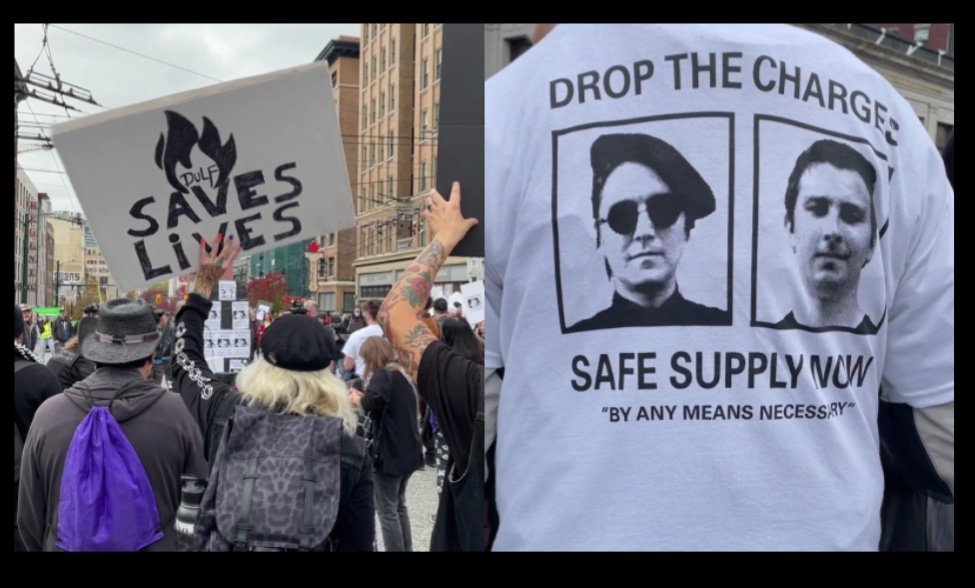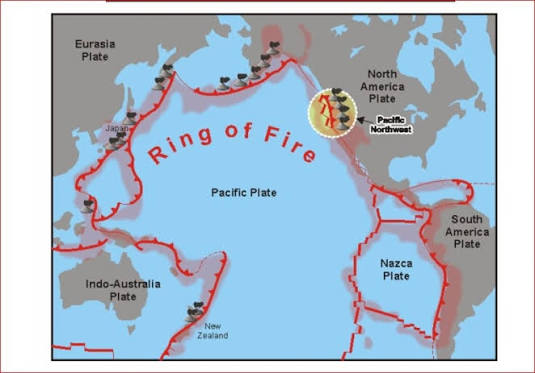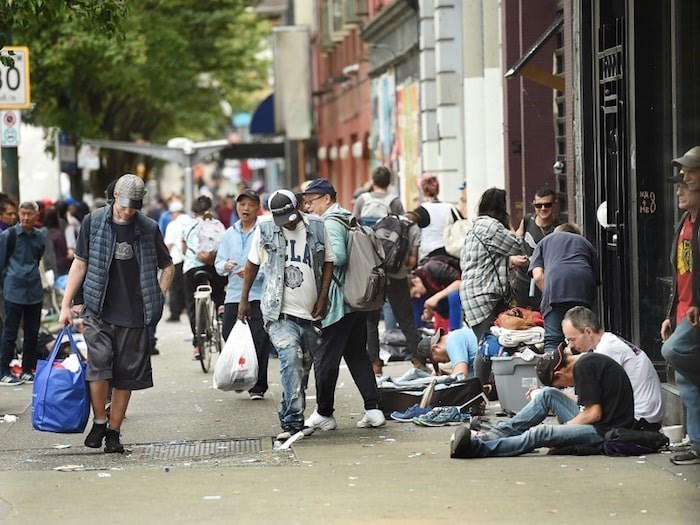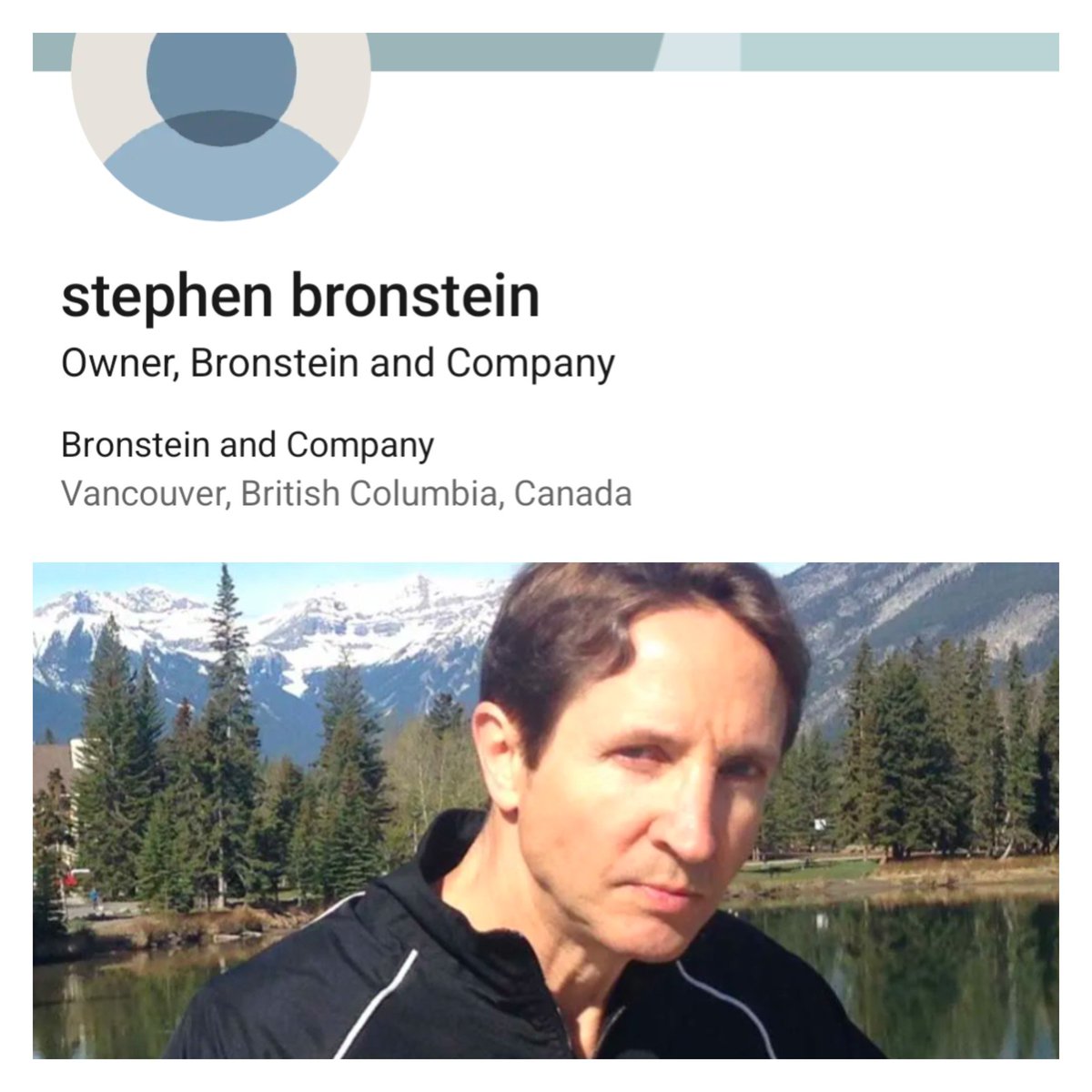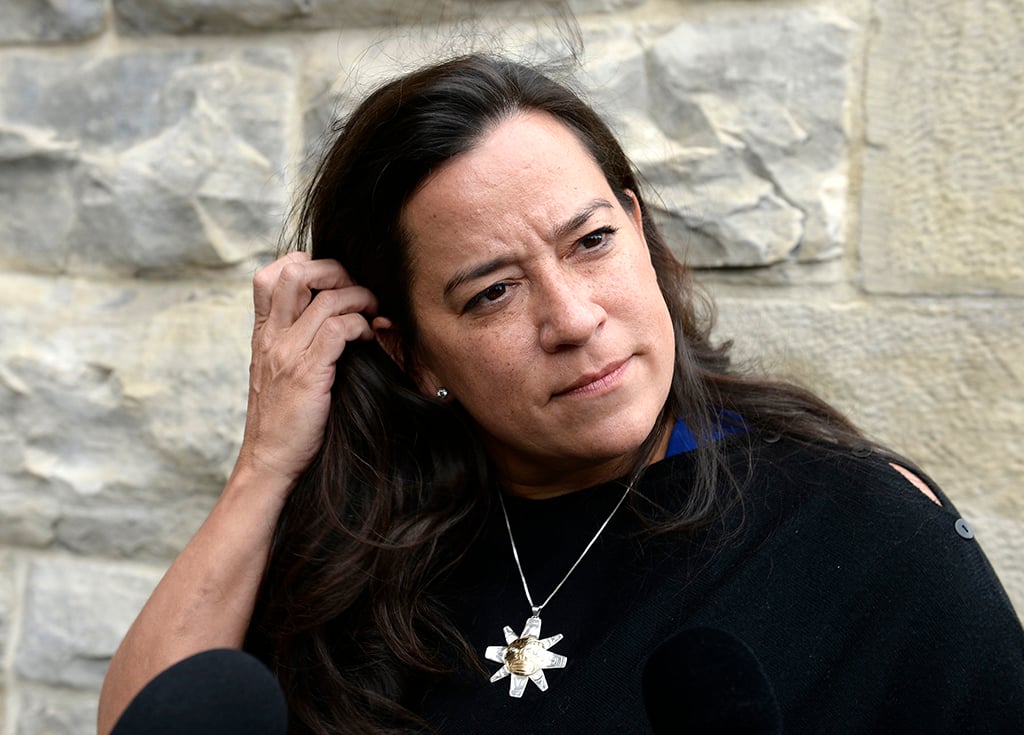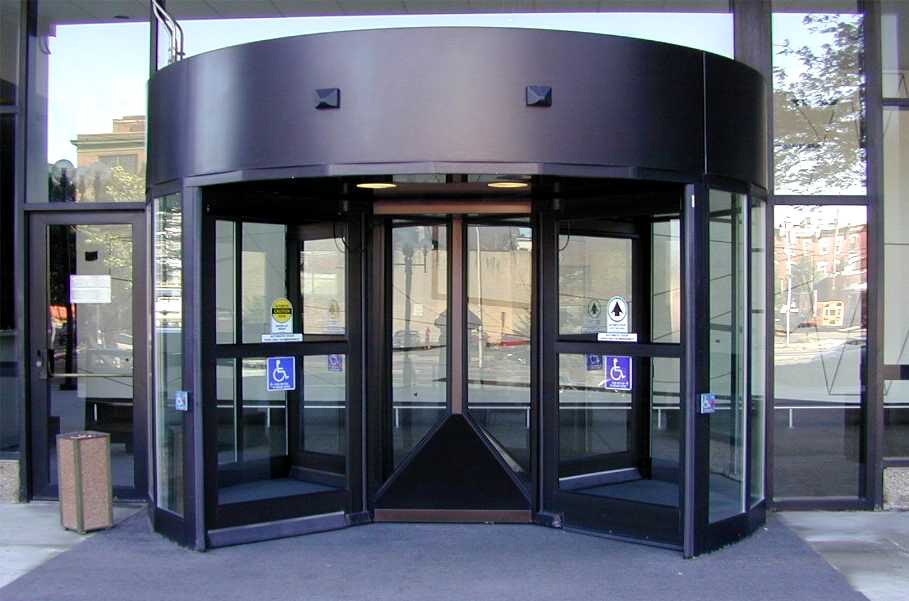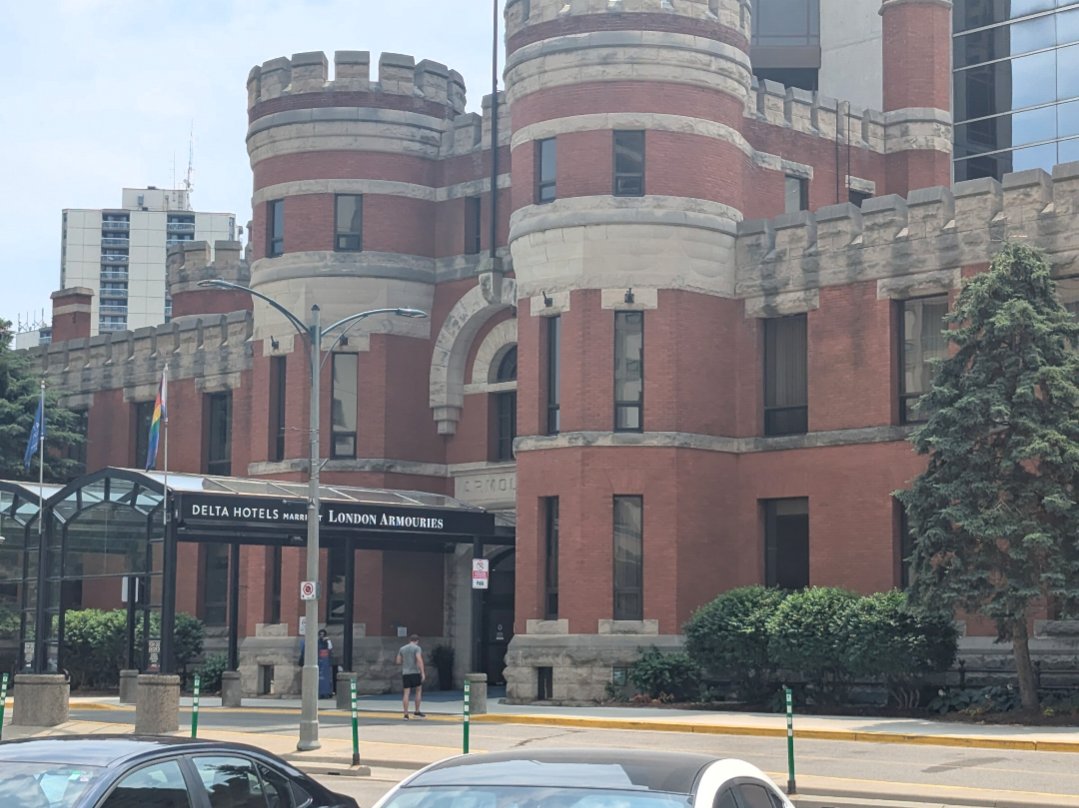“Reviewing the Foreign Interference Documents”
A 🧵.
The Trudeau govt has confirmed its Foreign Interference Commission Report will be published by the end of this month. I've reviewed some of the documents—here are my notes and some important themes you should be aware of.
A 🧵.
The Trudeau govt has confirmed its Foreign Interference Commission Report will be published by the end of this month. I've reviewed some of the documents—here are my notes and some important themes you should be aware of.

1/ The Trudeau govt does not care.
Elections Canada identified "loopholes in leadership contests" as a serious concern. The decision to proceed with a leadership race without consideration for closing these loopholes shows the Trudeau Liberals just don't care about interference.
Elections Canada identified "loopholes in leadership contests" as a serious concern. The decision to proceed with a leadership race without consideration for closing these loopholes shows the Trudeau Liberals just don't care about interference.
2/ The govt has done absolutely nothing about the issue.
Again, the recent decision to go ahead with a leadership race before submitting their final report on foreign interference shows a complete lack of political will to reduce or eliminate foreign interference.
Again, the recent decision to go ahead with a leadership race before submitting their final report on foreign interference shows a complete lack of political will to reduce or eliminate foreign interference.

3/ There are not one, but many, foreign interference threats.
Some of the most convincing documents I read were submitted largely by diaspora groups—Sikhs, Chinese expats, Russian expats, etc.. They reveal a multitudinous threat to Canada's democracy, sovereignty and security.
Some of the most convincing documents I read were submitted largely by diaspora groups—Sikhs, Chinese expats, Russian expats, etc.. They reveal a multitudinous threat to Canada's democracy, sovereignty and security.

4/ There is disagreement on who represents the largest threat.
Chinese-Canadians identified the PRC as the biggest threat; Sikh-Canadians identified India; and so on. One thing is clear: the “post-national state” is being put to the test by a shrinking world—and it is failing.
Chinese-Canadians identified the PRC as the biggest threat; Sikh-Canadians identified India; and so on. One thing is clear: the “post-national state” is being put to the test by a shrinking world—and it is failing.

5/ This isn't your mother's foreign interference.
Spies, bribery, intimidation, extortion and even murder. The Trudeau govt talks a big game about foreign interference and "protecting our democracy," but the issue has runaway on them and they're clearly powerless to stop it.
Spies, bribery, intimidation, extortion and even murder. The Trudeau govt talks a big game about foreign interference and "protecting our democracy," but the issue has runaway on them and they're clearly powerless to stop it.

6/ There was almost no talk about U.S. foreign interference.
Interestingly, even amongst the "51st state" talk and a long history of American influence over Canadian politics, there was comparatively little talk in the documents about U.S. foreign interference.
Interestingly, even amongst the "51st state" talk and a long history of American influence over Canadian politics, there was comparatively little talk in the documents about U.S. foreign interference.

7/ The commission seems less about protecting Canada's democracy, and more about protecting Trudeau.
Consider that most of the talk about U.S. foreign interference circulated around Trudeau and dispelling the Buffalo Chronicle story about his rumored "NDA" with a former student.
Consider that most of the talk about U.S. foreign interference circulated around Trudeau and dispelling the Buffalo Chronicle story about his rumored "NDA" with a former student.
8/ The govt spent a fraction on Foreign Interference compared to the Convoy.
The cost for the Foreign Interference Commission, while in the millions, will surely pale in comparison to the hundreds of millions spent persecuting political prisoners and peaceful protestors.
The cost for the Foreign Interference Commission, while in the millions, will surely pale in comparison to the hundreds of millions spent persecuting political prisoners and peaceful protestors.

9/ What was the point of all this?
The mandate of the Commission is to make recommendations on how to combat foreign interference. But how would a government in a state of prorogation even implement those recommendations? They can't. This Commission feels like a waste of time.
The mandate of the Commission is to make recommendations on how to combat foreign interference. But how would a government in a state of prorogation even implement those recommendations? They can't. This Commission feels like a waste of time.

10/10 Foreign interference is a serious threat and this is a smokescreen.
Another addition to a legacy of wasted taxpayer dollars, this Commission offers a fitting mantle piece we can place next to the proverbial urn containing the ashes of Trudeau's disgraced political career.
Another addition to a legacy of wasted taxpayer dollars, this Commission offers a fitting mantle piece we can place next to the proverbial urn containing the ashes of Trudeau's disgraced political career.

• • •
Missing some Tweet in this thread? You can try to
force a refresh


